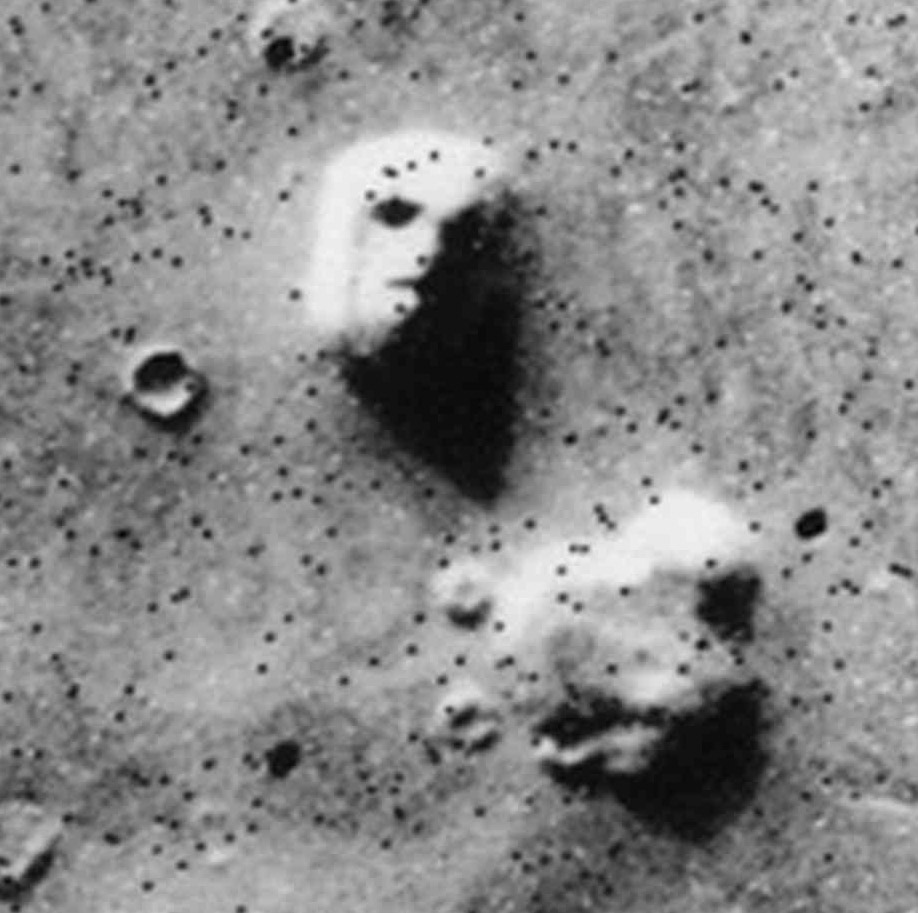MBPrata wrote:To not see that God has to exist is just foolishness. A burying your head in the sand.
That sounds pretty judgemental for a christian, but whatever...no, it is not "foolishness", namely since we...let's say..."discovered" spontaneous creation.
Oh yes... it's not foolishness.

MBPrata wrote:If we ought to only believe that which is 100% then welcome Nihilism and an everlasting loop of not being able to accept anything.
Yeah...about that...
I'm pretty close to that, actually.
Well, I'm not sure if you understand the issue in the same light that it came to me.
BUT, I did stay up nights trying to work a way out of the dilemma.
How does one justify logic and reason? This was a big deal for me.
You can't use logic and reason can't prove logic and reason.
Many just say you ought to accept them
a priori or as self-evident truths.
That wasn't good enough for me. BUT, I don't know if you feel the issue in the same way I do.
Let me know if interested in an alternative route -- a way jump free from Nihilism to embrace your mind, logic and reason.
MBPrata wrote:So because there is a slim possibility that something like my brain is really in a vat and hooked up to a computer, that is what I put my faith in?
Correct me if I'm being too forthcoming here, but that is complete and utter foolishness don't you think?
No. It's just a belief. Also, if you have logical evidence towards that conclusion, that only makes it more logical. I've searched about both christianity and atheism and I found out so many evidence towards BOTH of them that, for me, helding any one of these beliefs is perfectly logical.
You must be talking about something other than Atheism, because Atheism isn't logical at all.
It provides no explanation for anything, leads to absurd logical ends and prides itself on taking the mickey out of any other belief.
MBPrata wrote:Besides, as you said, knowledge can't be 100% truth.
I said no such thing. Rather you can't be 100% certain your knowledge is true.
Big difference.
MBPrata wrote:Knowing this, we humans can realize that we don't really know anything at all.
You're just falling into the Nihilistic destruction of knowledge that Post-Modernity prides itself on.
Nevermind the self-refuting nature of saying "We humans can realise that we don't really know anything at all" -- are you claiming to know something there?
No. Of course we know things. And yes, we can even know truth.
You might be scratching your head, but I haven't here contradicted anything I said previously.
Trust me.
MBPrata wrote:As in...if there is evidence against the brain hooked to a computer, do we really know if that evidence is the truth? No, we don't. In so being, "choosing" a belief is far from foolish. Actually, it is pretty much the only way we can live without becoming insane...

Well there is no evidence, but rather extreme skepticism.
But, you're onto something here in saying:
"choosing" a belief is far from foolish. Actually, it is pretty much the only way we can live without becoming insane.
You're close to the key for escaping Nihilism in a justified way.
MBPrata wrote:And it baffles me how God can blame us for holding to a belief just so we can prevent our own insanity... (then again, He sure loves to blame...)
God is God. Interestingly, Jesus asked if the cup from Him. But, as Creator of Creation God blamed, it was His cup to drink.
And so Jesus drank it and took the blame upon Himself. How sweet eh? You won't find such love from God for us in any other belief.
God lowering Himself to our level, to get his hands dirty and associate with us inspires the same admiration of a King who fight alongside his soldiers in battle.
So yes, God loves to blame. Of course, if God is completely righteous. Do we want a wicked God?
And yet, the One who created took all the blame so that we who are gathered to Him may appear blameless.
Forget Christ
ianity. You do know what Christ is about right?



